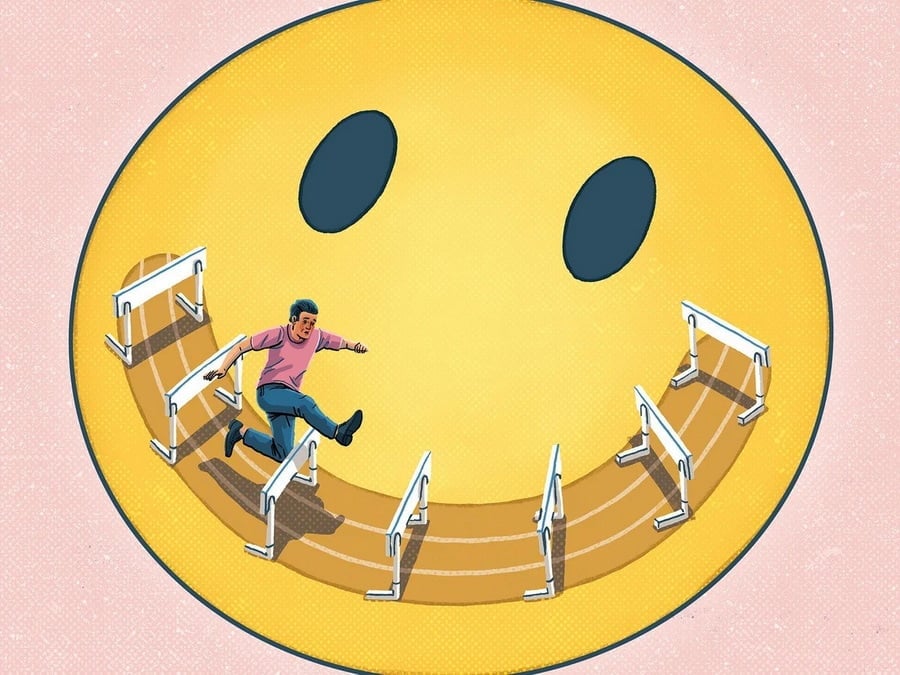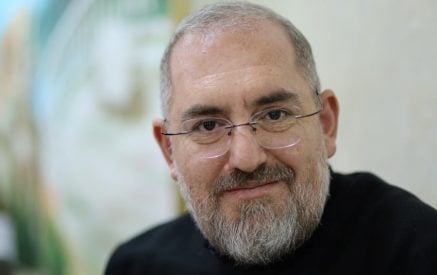There are, I believe, three levels of happiness.
The first is biological — rooted in brain chemistry. It’s that unmistakable “high,” driven by a release of certain hormones. Importantly, this high isn’t necessarily the result of illegal substances or harmful behavior. It might come from something as innocent as a bar of chocolate. Or from something more complex: a person in power, for instance, who issues orders by the hour — “go here, go there” — may be unknowingly dosing themselves with dopamine, serotonin, or some other reward chemical.
The second level is socio-psychological. Here, happiness is based on comparison — either with others or with a past version of oneself.
“If only I were in that oligarch’s place — I’d be perfectly happy.”
“I was so happy ten years ago.”
“When I buy that car / get that job / finish that thesis / get married — then I’ll be truly happy.”
In this case, happiness becomes spatial and temporal: it is somewhere else, or it is sometime else. But in reality, the pursuit of perfect happiness at any particular point in space or time is, in large part, an illusion.
The third — and highest — level is ontological, or existential. Few people reach it.
“Why am I living?”
“What is my mission, my calling, my purpose in this life — and am I fulfilling it?”
These are the existential questions, and the answers to them define happiness in its highest form.
Read also
But this kind of happiness — ontological happiness — is not the kind most people dream of. It has little to do with hedonism, ambition, greed, or careerism. In fact, from the perspective of the careerist or the pleasure-seeker, this deep form of happiness may not look like happiness at all.
And yet, the Christian tradition — two millennia old — urges us to move precisely in this ontological direction. That is the path Christ set before his apostles:
“Provide neither gold, nor silver, nor copper in your belts. Take no bag for your journey, nor a second coat, nor sandals, nor a staff; for the laborer is worthy of his daily wage.”
(Matthew 10:9–10)
We, ordinary people, are not expected to take this literally — to starve, or to renounce all joy. But we are encouraged to regard those pleasures and comforts as non-essential. They should never carry deep weight in our lives. And we should be ready, if needed, to part with them — lightly, without regret.
Around the same time — in the 1st century — a voice from another tradition, the Greek philosopher Plutarch, wrote:
“Bliss and happiness consist not in wealth, or success in business, or power and influence — but in the absence of sadness, in undisturbed tranquility, and in spiritual harmony with nature.”
Aram ABRAHAMYAN























































